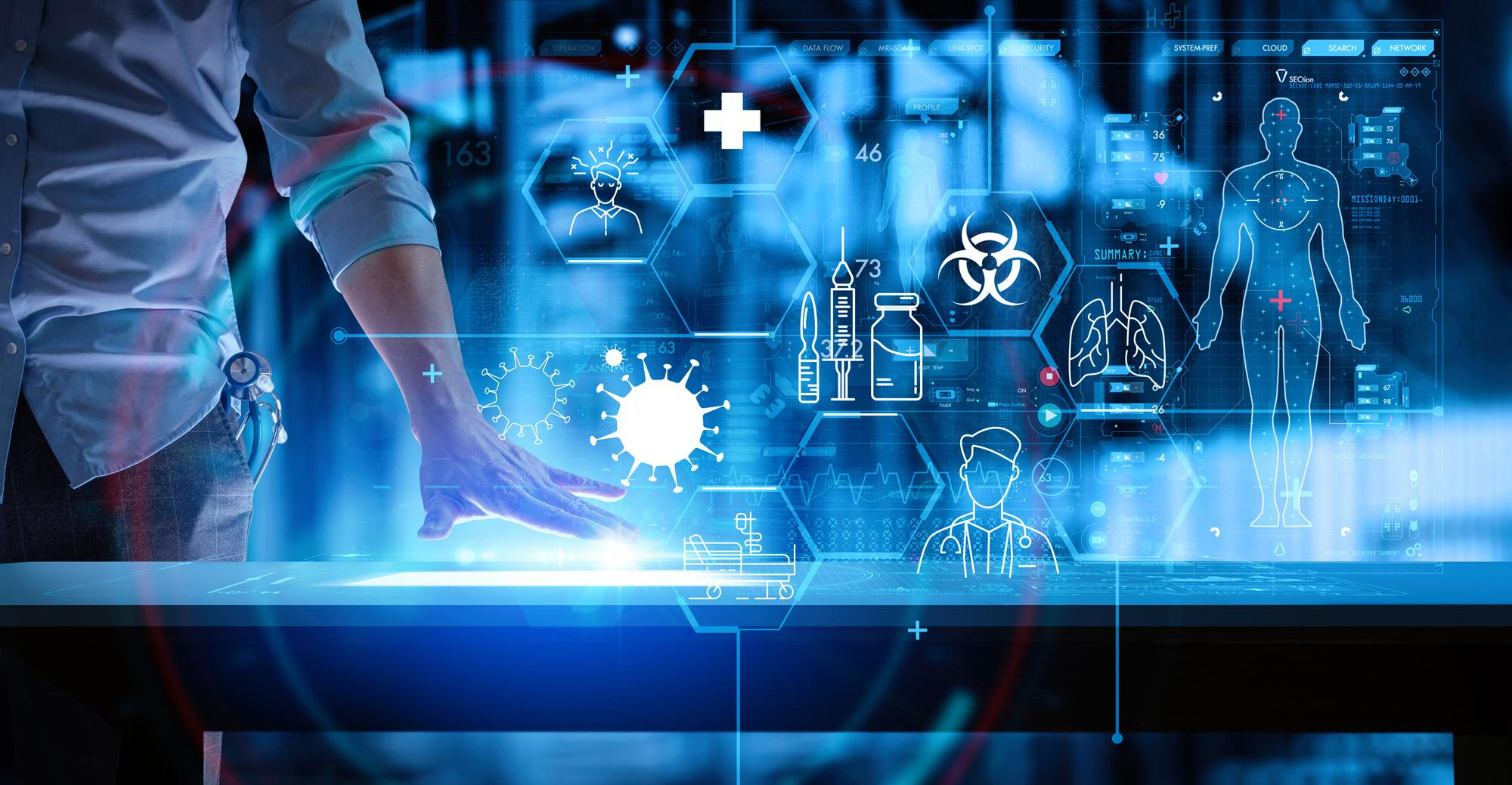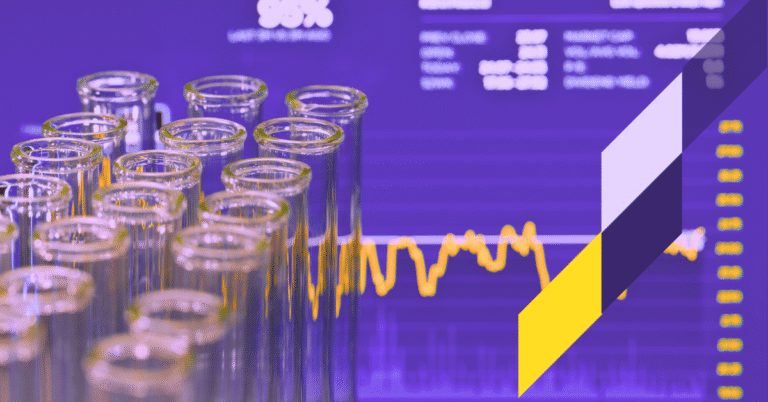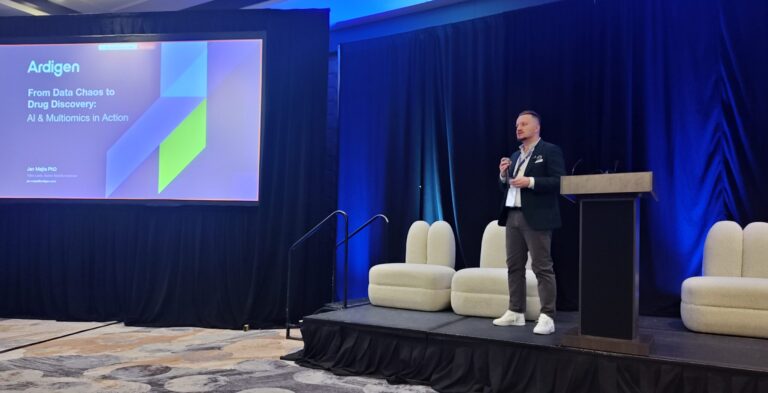CONTRA (Computational ONcology TRaining Alliance) is an EU funded Innovative Training Network consisting of 8 principal investigators from equally many major European universities (KTH Royal institute of Technology, University of Cambridge, ETH Zurich, University of Warsaw, University of Vigo, King’s College London, The Francis Crick Institute, Institute for Research in Biomedicine (IRB), The Institute of Cancer Research) as well as partners from pharmaceutical, biotech-start up, and software development companies. One of them is Ardigen, which was a host of the Cracow Network Training “Agile Bioinformatics for Agile Science” in February 2019.
During the course, CONTRA ESRs became familiar with Agile, project management and product development. Moreover, they got basic knowledge about software development practices and tools useful in bioinformatics. First two days were composed of lectures. Next two days were dedicated for tutorials strongly connected with previously acquired knowledge and skills. Last day were intended for Data Management in Data Science.
The main point of the our workshop were the presentations of our special guest, Dr. John Quackenbush. He is Professor of Computational Biology and Bioinformatics and Chair of the Department of Biostatistics at the Harvard TH Chan School of Public Health and Professor of Biostatistics and Computational Biology at the Dana-Farber Cancer Institute. During three exciting hours of talks, he shared his extended experience in the analysis of genomic data, and the integration of different data sources (including multi-level clinical data, genomic data, eQTLs, radiomics data, imaging data, etc.), which stimulated interesting discussions with the audience. Dr. Quackenbush showed us how, by leveraging the thoughtful combination of different advanced computational models (e.g. network analysis, deep learning) applied to separate datasets, is possible to obtain deep insights in the biological understanding of cancer. We can resume the meeting by citing the same John: Every revolution in the history of science has been driven by one and only one thing: access to data. Here at Ardigen we couldn’t agree more.




